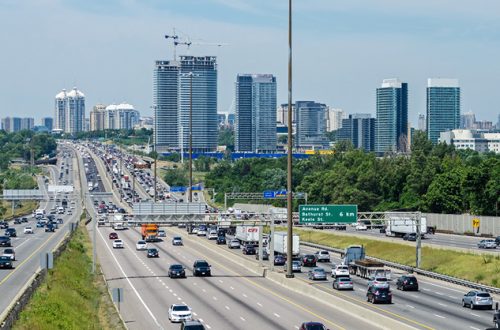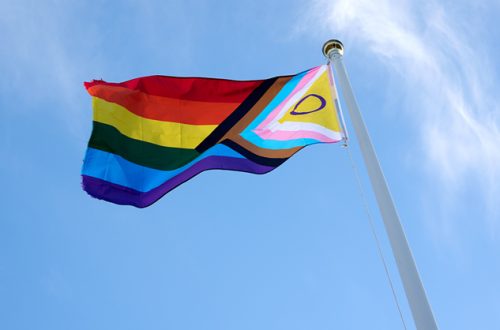
As we observe National Day for Truth and Reconciliation on September 30th, it is important we reflect and commit to understanding the historical and ongoing impacts of the colonization on Indigenous peoples. The day is not only about acknowledging the past, but also about shaping a future where reconciliation is central to our actions and decisions. For the engineering community, this calls for a deeper connection with Indigenous perspectives, particularly when it comes to projects that involve land and water.
Engineering projects, especially those involving infrastructure, resource extraction, or urban development, are deeply intertwined with the lands we all inhabit. For Indigenous peoples, land and water are not merely resources; they are sacred and hold profound cultural, spiritual, and ecological significance. Therefore, fostering meaningful relationships with Indigenous communities is not just a legal obligation; it is a moral imperative.
When we engage with Indigenous peoples in the planning and execution of engineering projects, we gain access to traditional knowledge that has been passed down through generations. This knowledge often offers valuable insights into sustainable practices, environmental stewardship, and holistic approaches to land use that can greatly enhance the outcomes of our projects.
Integrating Indigenous Perspectives
The inclusion of Indigenous perspectives in engineering goes beyond consultation; it requires a shift in how we view our role as engineers. Traditionally, engineering has been rooted in a mindset of the control and conquering of nature, a legacy of colonization that continues to shape our practices today. However, by embracing Indigenous worldviews, which emphasize balance, respect, and reciprocity with the natural world, we can begin to decolonize our approaches to engineering.
This means considering the long-term impacts of our projects on the environment, and the communities that depend on it. It means prioritizing the protection of water sources, recognizing that water represents life, a belief that many Indigenous cultures have long held. It means respecting the land as more than just a commodity, but as a living entity that sustains us all.
Acknowledging Our Role on Colonized Lands
As engineers, we must also acknowledge that much of our work takes place on colonized lands—lands that were taken from Indigenous peoples through processes of displacement, dispossession, and violence. This history is not something we can ignore; it is a reality that continues to affect Indigenous communities today.
In recognizing this history, we are called to engage in practices that promote healing and justice. This involves advocating for the return of land to Indigenous peoples, supporting Indigenous-led initiatives, and ensuring that our projects do not perpetuate the harms of colonization. It also involves a commitment to ongoing education and reflection on our roles in this process.
Moving Forward with Reconciliation in Engineering
Honouring the National Day for Truth and Reconciliation in the engineering sector is about more than just words; it is about actions that reflect a commitment to real change. It is about building relationships with Indigenous peoples based on mutual respect, understanding, and collaboration. It is about integrating Indigenous knowledge and perspectives into our projects in ways that honour their significance and ensure the well-being of future generations.
As we move forward, let us embrace the opportunity to be part of a profession that builds bridges—bridges of understanding, respect, and reconciliation. By doing so, we can contribute to a more just and equitable future for all.




Leave a Comment